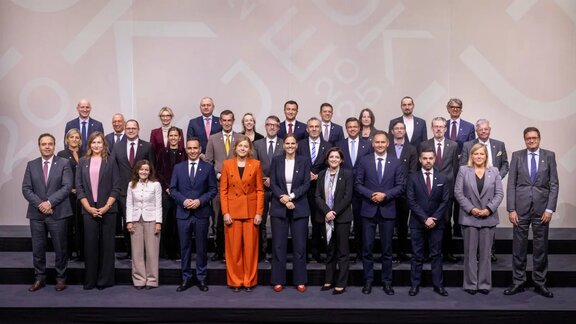Under the leadership of Danish Digital Minister Caroline Stage and in a joint exchange with European Commission Vice-President Henna Virkkunen, the ministers responsible for digital affairs in the Member States of the European Union voted by a majority in favour of greater protection for minors on the internet. At a meeting in Horsens, Denmark, they jointly adopted The Jutland Declaration: Shaping a Safe Online World for Minors. According to Minister Stage, children have so far been “left alone on the internet” and not sufficiently protected. It is therefore now necessary “to ensure that the internet is a safe place to be and that children are not granted access when they are not old enough”.
Against this backdrop, the declaration emphasises the importance of the Digital Services Act and the guidelines according to Article 28(4) DSA published this summer. Nevertheless, further measures are considered necessary to ensure a safe digital environment for children and young people. Among other aspects, there is a call for a European legal obligation to implement effective and privacy-preserving age verification in social media. In addition, measures are required to create a safer online environment and to combat harmful practices in digital services, such as addictive designs and dark patterns. In parallel with mandatory age verification, the ministers at the informal Council meeting also discussed a digital majority age for access to social media, addictive designs that entice children and young people to use services excessively, and exposure to age-inappropriate content.
In addition to the responsibility of digital service providers to ensure the safe participation of young people in their services, the ministers also point out that conveying media literacy to children and adults is equally important. Parents, educators and teachers should be provided with information and tools that enable them to accompany children in their use of digital services. Campaigns designed to raise awareness of the potential risks and dangers of the digital environment should also help to ensure the necessary sensitivity and attention. When developing appropriate measures and projects the perspectives and opinions of children and young people should be taken into account.

